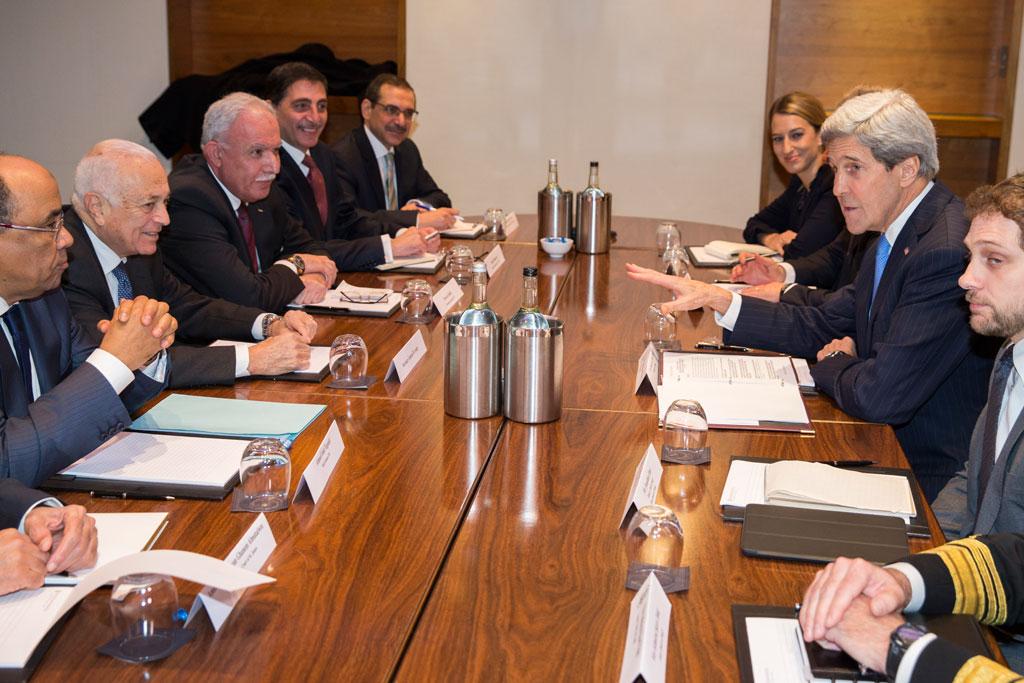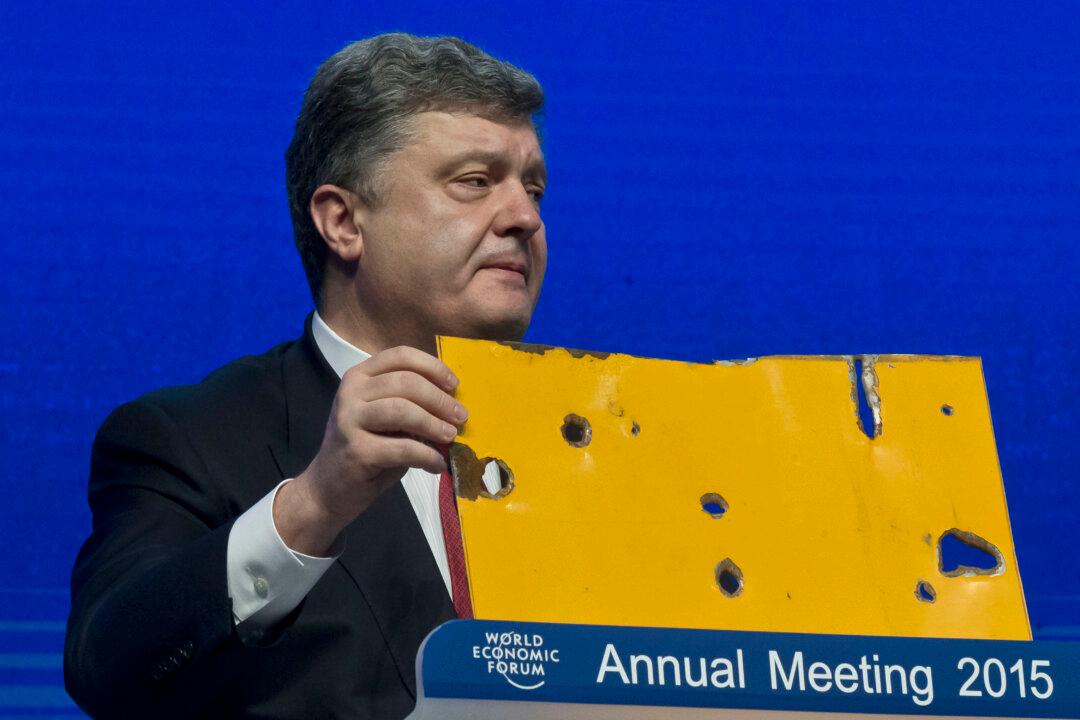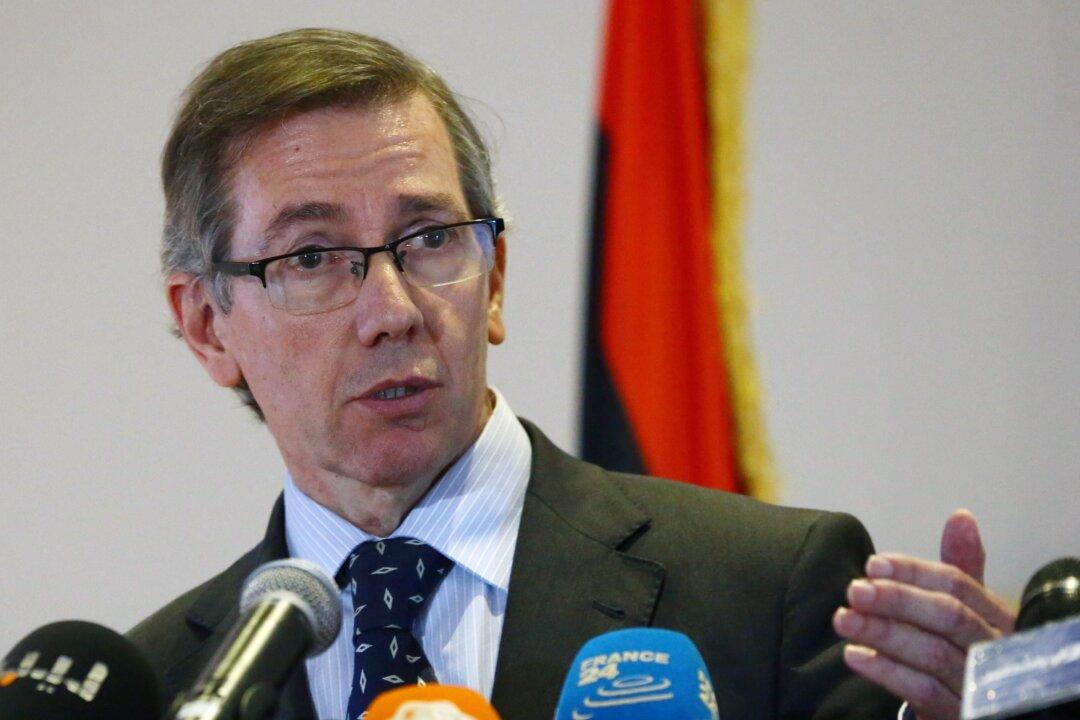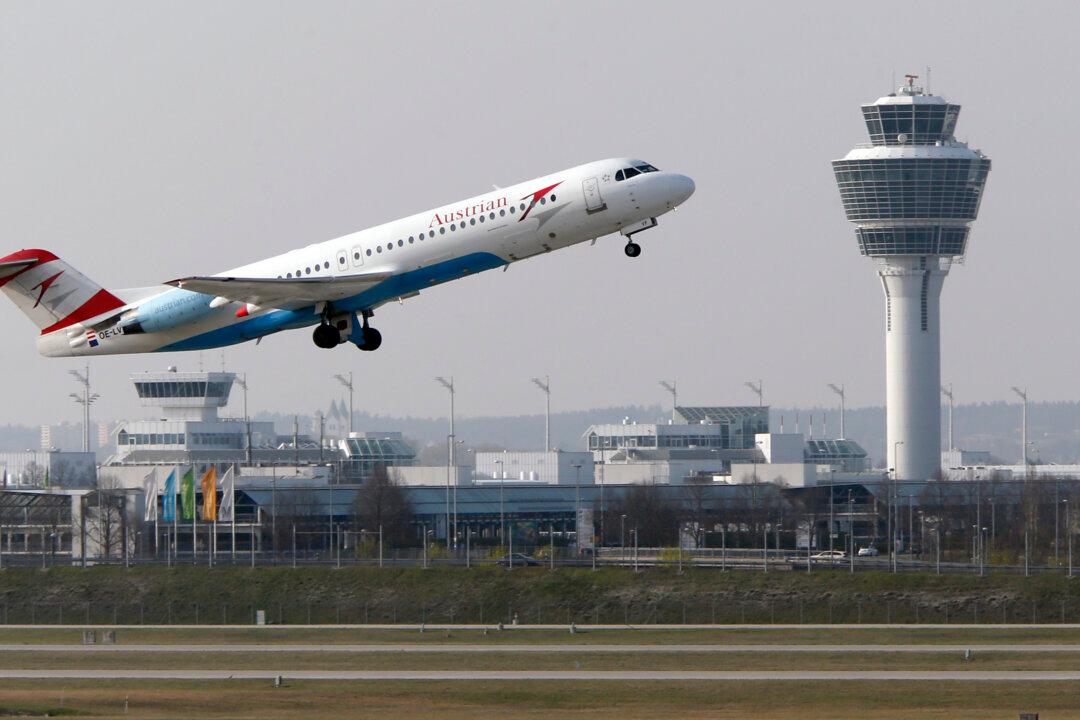BRUSSELS—Israel suffered back-to-back diplomatic setbacks in Europe on Wednesday as Palestinians headed to the United Nations to try to set a two-year deadline for an Israeli withdrawal.
In Geneva, the international community delivered a stinging rebuke to Israel’s settlement construction in the West Bank and east Jerusalem, saying the practice violates Israel’s responsibilities as an occupying power.
The declaration adopted by the conference of the Fourth Geneva Convention, which governs the rules of war and military occupation, emphasized a prohibition on colonizing occupied land and insisted that international humanitarian law be obeyed in areas affected by the conflict between Israel and Palestinians. It called for “all serious violations” to be investigated and those responsible for breaches to be brought to justice.
“This is a signal and we can hope that words count,” said Swiss ambassador Paul Fivat, who chaired the one-day meeting. The U.S. and Israel did not take part.
Israel’s U.N. Mission blasted the gathering, saying “it confers legitimacy on terrorist organizations and dictatorial regimes wherever they are, while condemning a democratic country fighting terrorism in accordance with international law.”
In Luxembourg, meanwhile, a European Union court ordered the Palestinian group Hamas removed from the EU terrorist list for procedural reasons but said the 28-nation bloc can maintain asset freezes against Hamas members for now.
The Islamic militant group, which calls for the destruction of Israel, hailed the decision but Israeli Prime Minister Benjamin Netanyahu expressed outrage.
“It seems that too many in Europe, on whose soil 6 million Jews were slaughtered, have learned nothing,” Netanyahu said, adding that Israel would continue to defend itself “against the forces of terror and tyranny and hypocrisy.”
The EU court ruled that the terrorist listing of Hamas was based on press and Internet reports and not on “acts examined and confirmed in decisions of competent authorities.”
The EU, which has two months to appeal, was considering its next step.
In New York, an Arab-backed draft resolution on ending Israel’s occupation of lands captured in 1967 was being submitted later Wednesday to the U.N. Security Council for a vote, the Palestinian foreign minister said.
However, minister Riad Malki said the actual vote might be put off, suggesting a compromise is in the works to avoid a clash in the council.
The current draft, sponsored by Jordan on behalf of the Palestinians, sets November 2016 as a deadline for an Israeli withdrawal from war-won lands the Palestinians are seeking for a state.
The U.S. is likely to veto such a resolution. Israel fiercely opposes any suggestions that the Security Council can set a framework for Israeli-Palestinian negotiations, which broke down again in the spring after the two sides couldn’t agree on the ground rules.
U.S. Secretary of State John Kerry said after a three-day Europe trip devoted to Mideast diplomacy that it is important to avoid anything that interferes or “might be perceived as interfering” with Israeli elections planned for March. He said the priorities should be halting growing Israeli-Palestinian violence and creating conditions for an eventual resumption of negotiations.
Israel did one win diplomatic engagement in Europe on Wednesday, this one at the European Parliament. The lawmakers meeting in Strasbourg, France, stopped short of pushing for an outright recognition of a Palestinian state, urging renewed peace talks instead.
Legislators voted 498-88 in favor of a compromise resolution supporting “in principle recognition of Palestinian statehood” — but as part of a two-state solution with Israel. The resolution supports two states on the basis of 1967 borders, with Jerusalem as the capital of both.
From The Associated Press. Mohammed Daraghmen in Ramallah, West Bank; Peter Enav in Jerusalem, Fares Akram in Gaza City, Gaza Strip, and Angela Charlton in Paris contributed to this report.




